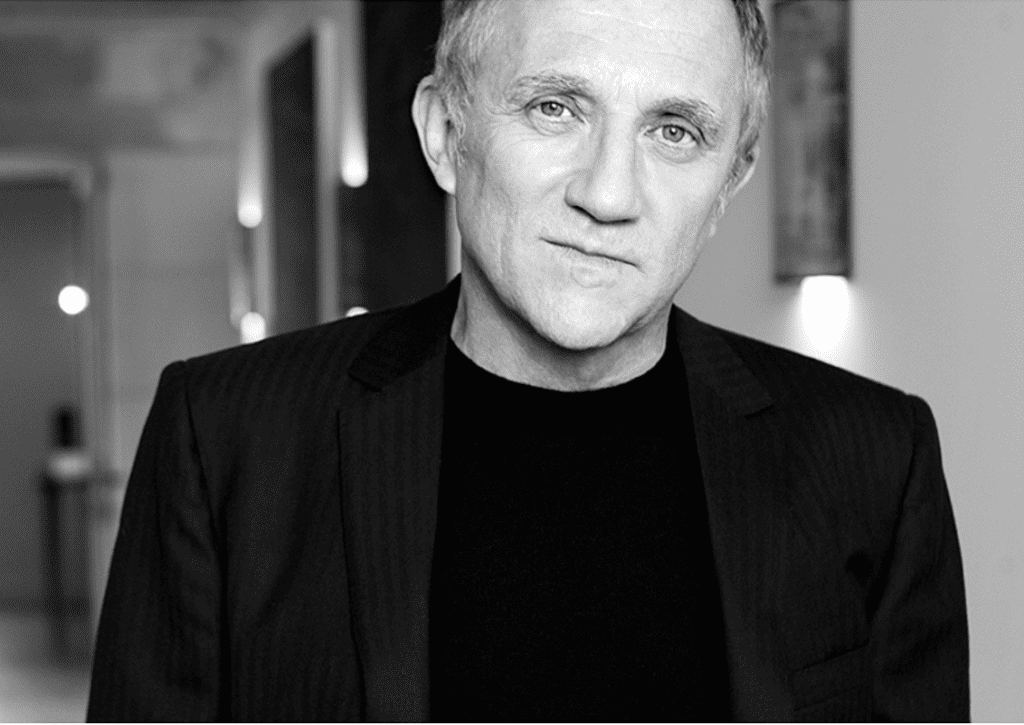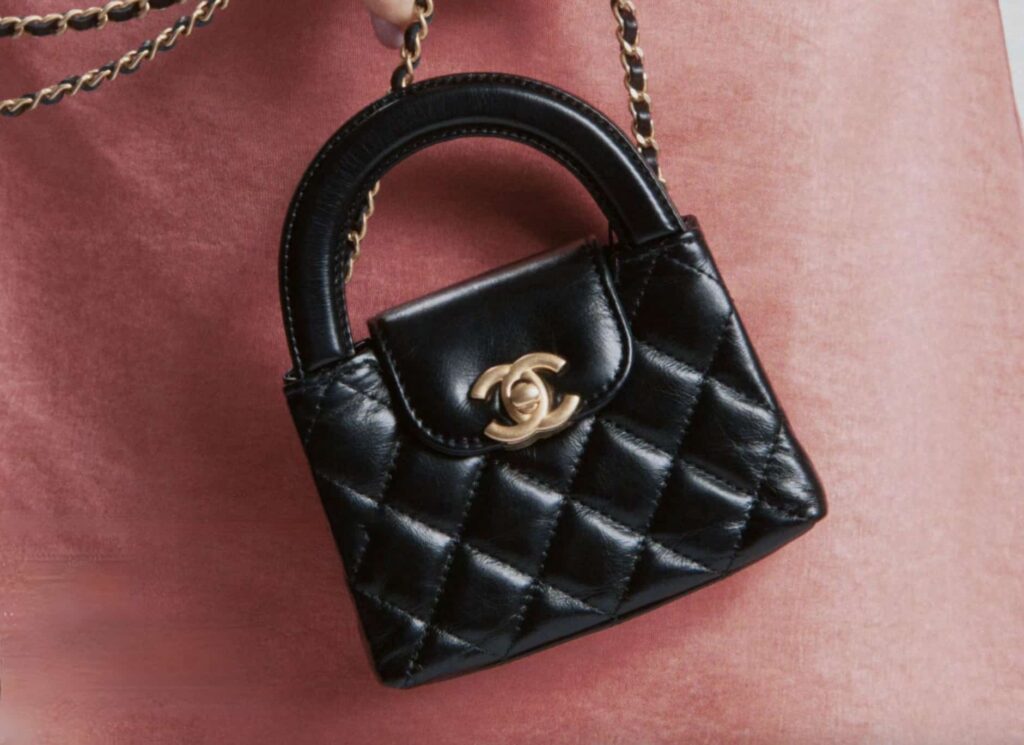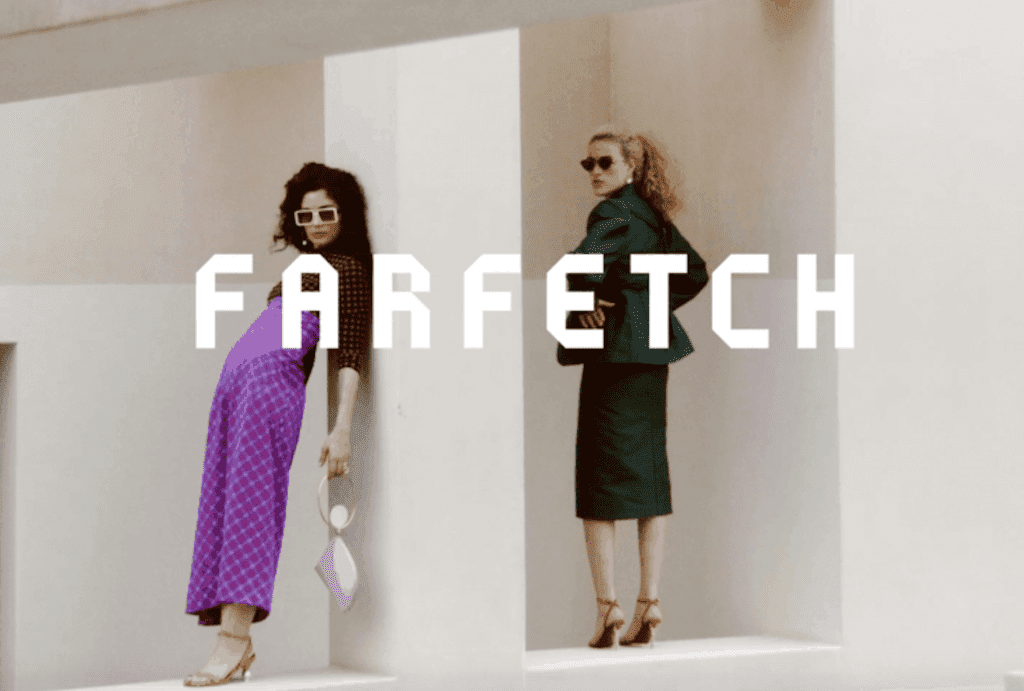An enduring battle between two of the biggest luxury goods conglomerates has extended beyond acquisitions and handbag sales, and is under way in the upper echelon of Harvard Business Review (“HBR”)’s annual “Best-Performing CEOs in the World” list. The highest-ranking fashion industry figure for 2019, Kering’s François-Henri Pinault has landed in the number 3 spot (following Nvidia’s chief executive Jensen Huang and Salesforce’s Marc Benioff), and in doing so, has ousted rival conglomerate LVMH Moët Hennessy Louis Vuitton’s chairman and CEO Bernard Arnault from the spot he held on last year’s list.
In its annual ranking of chief executive officers, HBR focuses on gains that companies make over the long-term, “relying on objective performance measures over a chief executive’s entire tenure.” As such, HBR’s key financial metrics include: the company’s total shareholder return (adjusted for country and industry performance), industry-adjusted total shareholder return, and its market capitalization.
In addition to considering financial success (and assigning a value based on that from 1 (best) to 881 (worst), since HBR reviewed the metrics for 881 different CEOs), since 2015, HBR’s ranking has included Environmental, Social and Corporate Governance (“ESG”) considerations, i.e., a set of standards for a company’s operations that socially conscious investors use to screen investments, criteria tends to include how a company performs as a steward of the natural environment; how it manages relationships with its employees, suppliers, customers and the communities where it operates; and how it approaches leadership, executive pay, audits and internal controls, and shareholder rights.
To come up with the ranking, HBR combines the overall financial ranking (weighted at 80 percent) and the two ESG rankings (weighted at 10 percent each) to obtain an overall financial rank.
With that in mind, a handful of fashion industry figures appear in the 2019 ranking, with François-Henri Pinault, the CEO and Chairman of Kering, the luxury goods conglomerate that owns brands, such as Gucci, Saint Laurent, Balenciaga, Bottega Veneta, and Alexander McQueen, taking the highest position of all fashion CEOs. According to HBR’s calculations, Pinault and his company Kering have a financial ranking of 30 and ESG scores of 137 and 118 from the two separate companies, CSRHub and Sustainalytics, that HBR gets ESG data from.
Comparatively, LVMH’s Arnault – whose conglomerate owns over 70 fashion and non-fashion brands, such as Louis Vuitton, Givenchy, Dior, and Celine – dropped from the number 3 spot on last year’s list to number 10 this year, although its financial ranking – 7 – was higher than Pinault/Kering’s. As for ESG, it trailed behind Kering with scores of 337 and 154.
Arnault’s 2018 ranking included a financial score of 7 (the same as this year), and ESG scores of 226 and 186, while last year, in his number 4 spot, Pinault’s financial score was 35, with ESG scores 65 and 133.
As for some of the fashion, apparel, and/or cosmetic brand CEOs on the list …
19. L’Oreal’s Jean-Paul Agon, who has a financial rank of 142, and ESG rankings of – notably – 129 and 1;
20. Nike’s Mark Parker, who has a financial rank of 22, and ESG rankings of 522 and 183;
39. Estée Lauder’s Fabrizio Freda, who has a financial rank of 26, and ESG rankings of 585 and 271;
49. Gildan Activewear’s Glenn Chamandy, who has a financial rank of 174, and ESG rankings of 182 and 84;
52. Shiseido’s Masahiko Uotani, who has a financial rank of 104, and ESG rankings of 330 and 303; and
54. Uniqlo’s parent company Fast Retailing’s Tadashi Yanai, who has a high financial rank of 7, and low ESG rankings of 486 and 625.











